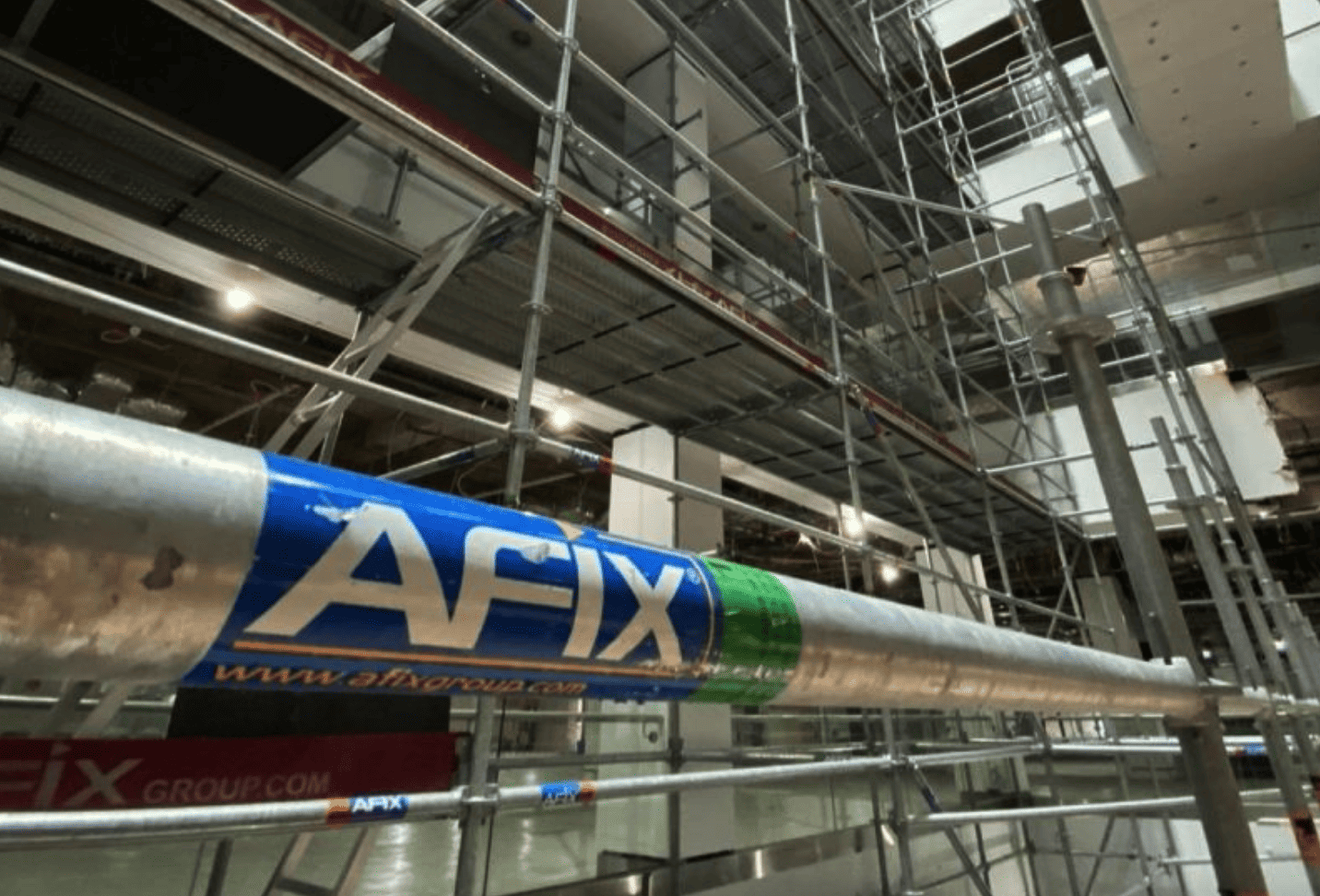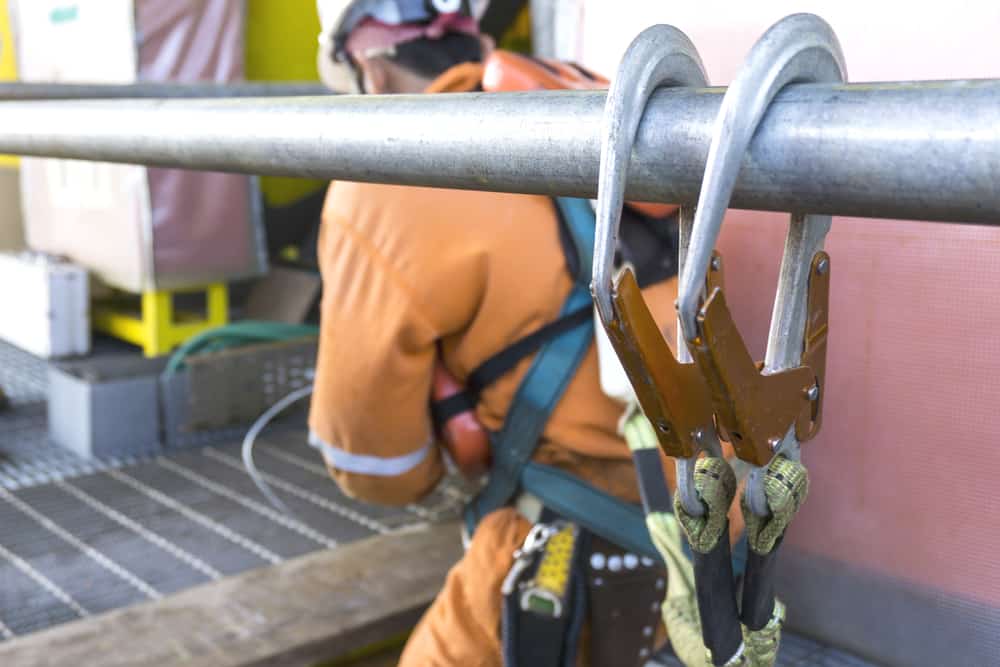Afix Group, a leading system scaffolding manufacturer, has announced its commitment to an Environmental, Social, and Governance (ESG) sustainability policy, marking a significant milestone in its journey towards a more sustainable future.
With branches in the UK and a strong presence in the scaffolding industry, Afix Group acknowledges its business activities’ potential environmental, social, and policy impacts. The company has unveiled its comprehensive sustainability policy in response to evolving European regulations and is driven by a desire to integrate ESG criteria into its core operations and corporate culture.
Since the recruitment of Stephan Hillaert in September 2020 to bolster the international structure and drive expansion, Afix Group has witnessed remarkable growth, with its turnover nearly tripling from €19 to €55 million over the past three years. Now, with a strategic focus on ESG principles and reporting, Hillaert aims to enhance transparency across Afix operations, engaging stakeholders, suppliers, and customers alike.
Four Pillars of Sustainability
Afix Group’s Sustainability Policy is built upon four foundational pillars:
- Climate Action: Aligning with the EU Green Deal, Afix Group pledges to minimize its environmental footprint by reducing carbon emissions across operations and products.
- Quality: The company emphasizes delivering high-quality products efficiently, ensuring customer satisfaction through streamlined processes and product certification.
- People First: Afix Group recognizes the significance of its workforce, valuing innovative ideas, employee expertise, and energy to drive future development and maintain market leadership.
- Social Responsibility: Guided by the Corporate Sustainability Reporting Directive (CSRD), Afix Group implements robust procedures for risk management, ethical practices, and supplier relations.
CO2 Reduction Strategy
In collaboration with Sustacon, an expert in sustainability solutions for the construction industry, Afix Group outlines a comprehensive plan to measure and reduce its carbon footprint. By leveraging sustainable materials and modular design principles, such as those found in its Afix Fast scaffolding products, the company aims to minimize environmental impact while maximizing efficiency.
The five-step strategy includes:
- Measuring Carbon Footprint: Conducting a thorough assessment of carbon emissions to understand their impact and identify climate risks.
- Developing Strategy and Targets: Crafting a clear roadmap with measurable targets to guide efforts in reducing carbon emissions.
- Reducing Carbon Footprint: Implementing efficiency measures, investing in renewable energy, and decarbonizing the supply chain.
- Integrating Carbon Offset Programs: Initiating carbon offset programs to balance production emissions and support sustainability.
- Stakeholder Engagement: Maintaining transparent communication through sustainability reporting and ongoing dialogue with partners, customers, and industry stakeholders.
Building a Sustainable Future
Afix Group’s sustainability initiatives signify more than a mere statement; they represent a comprehensive strategy supported by tangible actions. As the company focuses on reducing its environmental impact, it invites B2B audiences in construction, industry, infrastructure, and event management sectors to join in the journey towards a more sustainable future.
CEO Stephan Hillaert remarked, “Our sustainability journey demonstrates responsible business practices. By integrating ESG principles into our operations, we are investing together with industry peers in a sustainable future.”
Hans Verboven, Founder of Sustacon, echoed the sentiment, stating, “Working with Afix Group on their sustainability initiative shows the growing trend of companies recognizing the importance of measuring, reducing, and offsetting their carbon footprint. We are proud to contribute to this transformative journey.”




